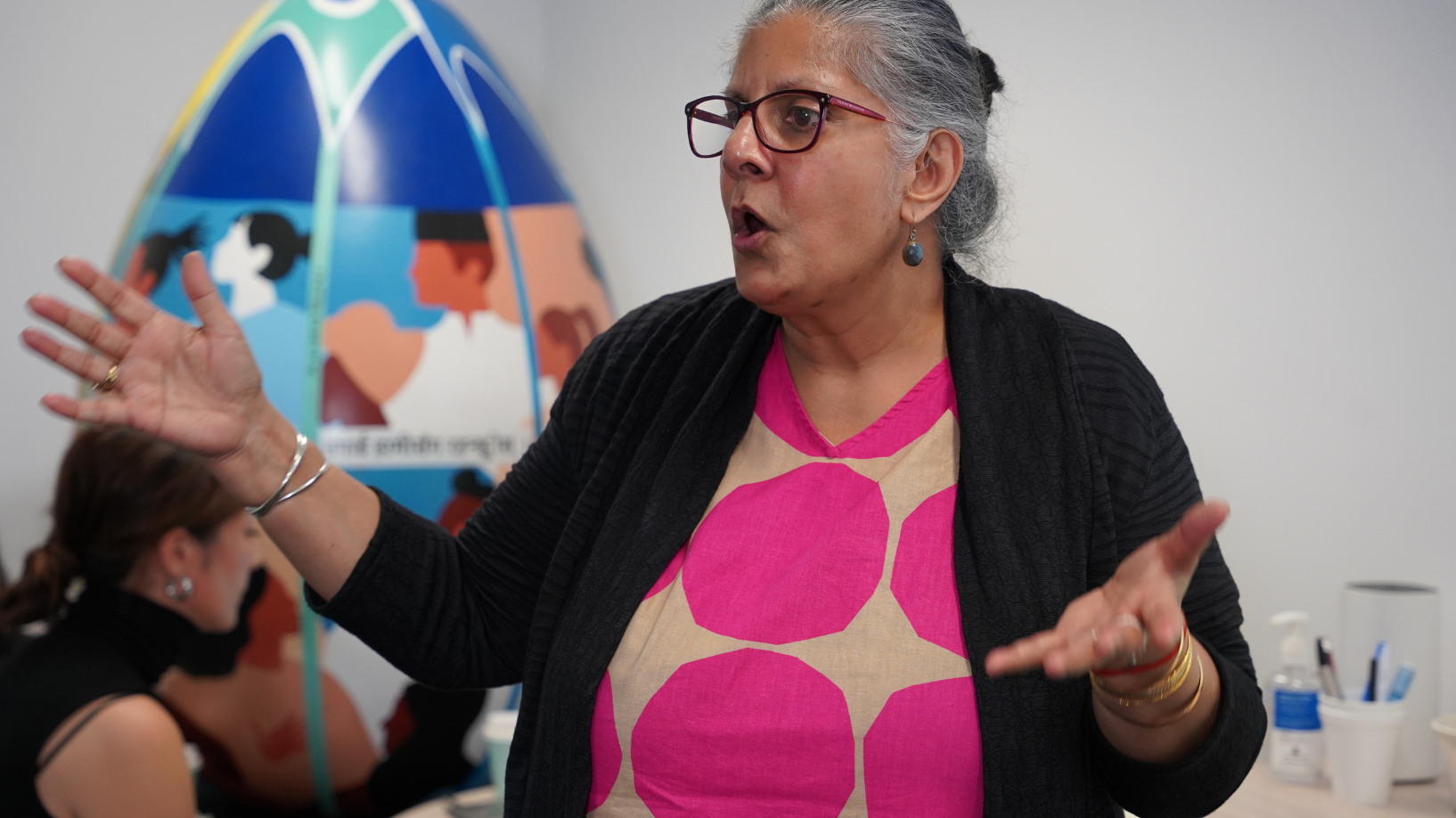Influence Grants support advocacy initiatives with a purpose of immediate influence on a specific and achievable goal on matters of material significance to residential and small business consumers.
Read the Grant Guidelines (PDF, 467.21KB)
This grants stream supports projects that aim to shift energy market practices and behaviours to deliver better consumer outcomes and where a path to success is credible within a fixed period of time.
We're looking for projects that articulate a clear outcome and that demonstrate a strong theory of influence, with a credible chance of success within the nominated timeframe. Applications must make clear the opportunities for influence and how the proposed grant deliverables will work to achieve that outcome.
A successful Influence Grant will:
- Focus on advocacy and research projects
- Usually have a timeframe of 12-18 months
- Often require research to build an evidence base
- Have a clearly defined theory of change to support and catalyse impact
- Deliver immediate influence
- Include multiple outputs/deliverables
Applications are sought twice a year.
Application Process
Stage 1: Expression of Interest (EOI)
The first stage is to complete an Expression of Interest (EOI) application form for your project idea. The form is available through the online grant platform SmartyGrants.
The form will ask for details regarding what problem you’re trying to solve, project methodology, intended project deliverables, and how the outcomes will benefit consumers.
All submitted EOIs are reviewed against selection criteria (listed in the Grant Guidelines) and shortlisted applicants will then be invited to submit a full application based on their EOIs.
Stage 2: Submit a full application
Shortlisted applicants are formally invited to submit a full application through SmartyGrants. This stage is more competitive and will require further details of the project to determine which applications offer high-quality, well-planned projects.
Current round
Key dates for the current round of Influence Grants are listed below.
| 13 October 2025 | Stage 1 - Expression of Interest stage opens |
|---|---|
| 6 November 2025 | Stage 1 - Expression of Interest stage closes |
| 17 December 2025 | Stage 2 – Full application round opens |
| 8 February 2026 | Stage 2 – Full application round closes |
| 16 April 2026 | Stage 2 applications considered by the ECA board |
| By 29 April 2026 | All stage 2 applicants notified of the outcome |

